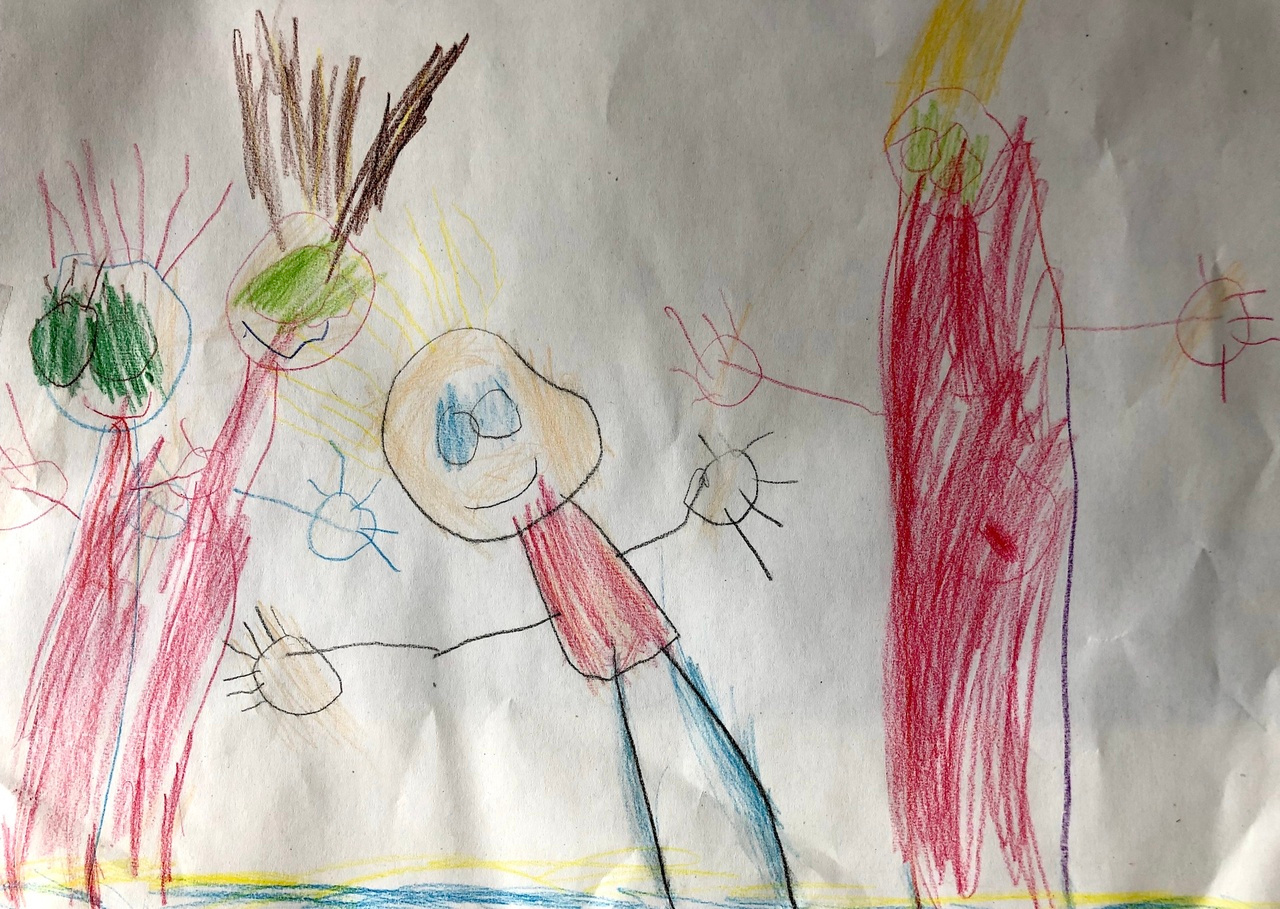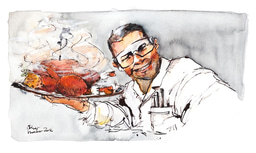

You always feel better after throwing up, and that’s kind of where the world is right now.
It is strange and somewhat eerie to think that the coronavirus pandemic started over three years ago. The numbing ubiquity of it makes that expanse of time sound about right, but the urgency that occasionally reasserts itself with the arrival of a new variant makes it still feel relatively recent and alarming. Regardless of the state of the present equilibrium, it’s changed all of us.
It’s pretty normal for brushes with death to make people reassess their lives, make changes, and reject things that they had previously accepted unquestioningly, and that’s something that’s happening at a societal level. If there is one upside to the awful tragedy that this virus has wreaked on the global population, then this collective shock to the system might be it – getting jolted out of our workplace stupor, and making us question whether we’ve been gulled into accepting a status quo that was primarily extractive and by no means in our best interests.
Like many, I found that the pandemic changed what I’m willing to tolerate in terms of work demands on my private life, and also changed what I want from life. To my surprise, I realised that academia couldn’t accommodate either demand. That was no small step in psychological terms, given that I’ve wanted to be an academic ever since I stopped wanting to be an astronaut.
At the start of the pandemic, the emphasis within academia – which was totally correct – was on making sure that the students were ok. There was a fast, commendable, and rigorous implementation of measures to ensure remote learning in order to minimise the (although they could never negate) the disruption caused, and by and large, I think this was a success. It was undoubtedly really difficult for the students to have so much online learning but the way they’ve embraced the return to in-person teaching and the fact that many are catching up shows that this was something that went well.
With hindsight, perhaps there should have been equal attention paid to the academic precariat at the same time – the non-permanent postdocs and junior/mid-level faculty that were responsible for so much of the implementation of the pandemic strategy. I don’t recall any discussion of how the pandemic might affect my meagre career prospects, or being asked how I was coping. I helped ensure we had a full academic year’s worth of material available for online teaching, I carried out all my own teaching in first online and then hybrid formats, and I took on and directly supervised as many rotation students as space, both physical and cognitive, would accommodate.
It was rewarding, but it was exhausting, and definitely contributed to the sense that I needed a break. At the end of 2021, my Eigene Stelle grant – which paid 100% of my salary – was not renewed, with lack of research output in the first funding period (2019-2021) being cited as the main reason.
At the same time, the pandemic had made me realise the benefits that remote working brought. It was often annoying not to be in the lab as it meant I couldn’t supervise students at the bench to the same standard as before, but I also increasingly appreciated being at home because it made parenting easier.
Because my students weren’t the only kids I was responsible for. As a parent, I watched my own children going through their own experience of the pandemic. Wearing masks to school. Compulsively handwashing until the skin became cracked and sore. Unable to go to public playgrounds or mix with other families. Frequently – very frequently – having to stay home.
Even though we’re in some kind of post-pandemic phase now, things from a parenting perspective have not yet gotten easier. This winter has brought a procession of gastric and respiratory bugs, and it’s not much of an exaggeration to say that there’s probably only been two weeks since Christmas where both my kids have been at school for a complete week. Every time they’re ill, my spouse and I have to sit down and negotiate who’s staying home with them that day. Those discussions were an agony where benchwork or supervision was concerned, but much more compatible with remote working.
When my funding was cut and I was still wondering if there was some way, any way, of getting things back on track, the well-meaning (albeit tough love) advice I got from a colleague was to start working in the lab seven days a week, and accept that I was not going to be present as a parent (“Science [sic] is not for you if you want to be in your kids’ lives”). I didn’t for one second consider doing it, not even when I was wondering whether there might still be a way of staying in academia.
Because I’ve realised that this is my top priority now. I need to ensure that my own kids come through this ok. Parents are always time-poor, so there is always an allocation of limited resources. If it was right to commit time to my students to make sure they get through ok, it’s surely right to commit time to my own kids to make sure they’re ok – and if that means I can’t commit the time that seems to be required for successful academic career then so be it. The pandemic means I’m no longer willing to accept making sacrifices for a system that is extracting more from me than it gives back.
2023 is going to be about a new set of priorities then. Let’s hope I can find a job that fits them. 🙂
Originally published on Total Internal Reflection - here.





Join the FEBS Network today
Joining the FEBS Network’s molecular life sciences community enables you to access special content on the site, present your profile, 'follow' contributors, 'comment' on and 'like' content, post your own content, and set up a tailored email digest for updates.